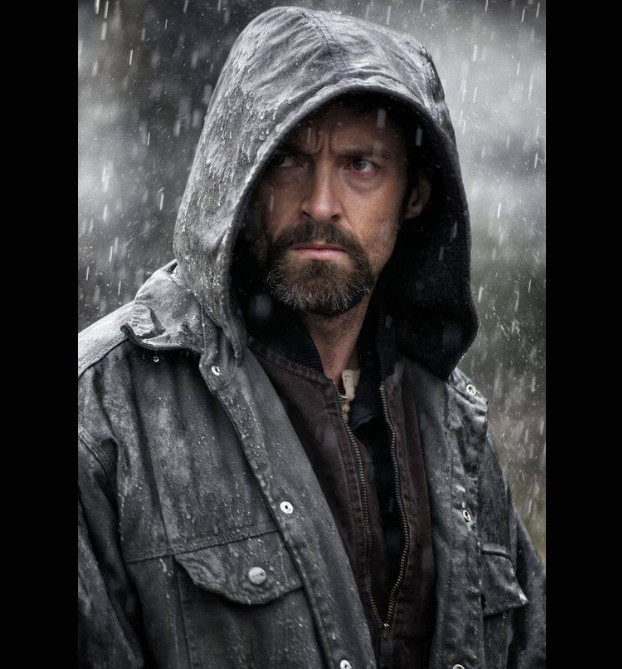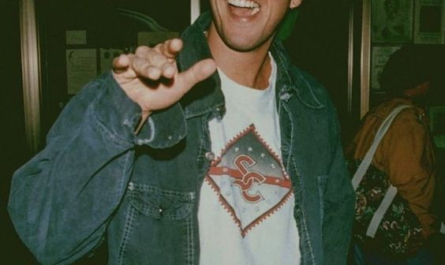Hugh Jackman’s performance as Keller Dover in “Prisoners” is nothing short of mesmerizing. Through his portrayal of a desperate father navigating the darkest depths of despair, Jackman takes audiences on a cinematic journey that is both haunting and profound. In this comprehensive analysis, we delve into the evolution of Keller Dover’s character, tracing his transformation from a pillar of the community to a man consumed by desperation and moral ambiguity.
From Pillar of the Community to Desperate Father
At the outset of “Prisoners,” Keller Dover is introduced as a pillar of the community – a respected carpenter, devoted husband, and loving father. He embodies traditional values and faith, serving as a stable anchor in his small town. However, when his daughter goes missing alongside another young girl, Keller’s world is shattered. His initial shock and grief quickly give way to a relentless determination to find his daughter at any cost.
The Blurring Lines of Morality
Frustrated by the slow progress of the police investigation, Keller takes matters into his own hands. He kidnaps and tortures the prime suspect, Alex Jones, convinced that he holds the key to his daughter’s whereabouts. This pivotal moment marks a significant turning point in Keller’s character arc. Driven by desperation and a primal instinct to protect his family, Keller crosses the line into vigilantism, blurring the boundaries between right and wrong.
The Internal Struggle and Consequences
As Keller’s actions become increasingly extreme, he grapples with a profound internal conflict. He wrestles with the morality of his choices and confronts the possibility of losing himself in his own rage and desperation. Despite his unwavering commitment to finding his daughter, Keller is forced to confront the harsh realities and consequences of his actions. The film doesn’t shy away from depicting the legal and moral repercussions of Keller’s vigilantism, even as his daughter is eventually found alive.
A Haunting Transformation
By the film’s conclusion, Keller Dover is a changed man. Physically and emotionally scarred by his ordeal, he remains a loving father, but the experience has left an indelible mark on him. Haunted by the choices he made and the darkness he embraced, Keller grapples with the weight of his actions and the toll they have taken on his soul. Jackman’s performance captures the haunting transformation of Keller Dover with haunting authenticity, bringing depth and complexity to the character’s journey.
Themes and Impact
“Prisoners” explores a myriad of complex themes, including morality, grief, and the lengths to which individuals will go to protect their loved ones. Keller’s journey serves as a cautionary tale, forcing audiences to confront uncomfortable questions about the nature of justice and the human capacity for darkness. Through Keller’s character arc, the film challenges viewers to examine their own moral boundaries and consider the far-reaching consequences of their actions.
In conclusion, Hugh Jackman’s portrayal of Keller Dover in “Prisoners” is a tour de force performance that highlights the actor’s exceptional talent and versatility. Through Keller’s journey from a pillar of the community to a desperate father teetering on the brink of moral collapse, Jackman delivers a nuanced and compelling portrayal that resonates long after the credits roll. As audiences grapple with the haunting complexities of Keller’s character, they are confronted with profound questions about justice, morality, and the enduring power of love and sacrifice.



